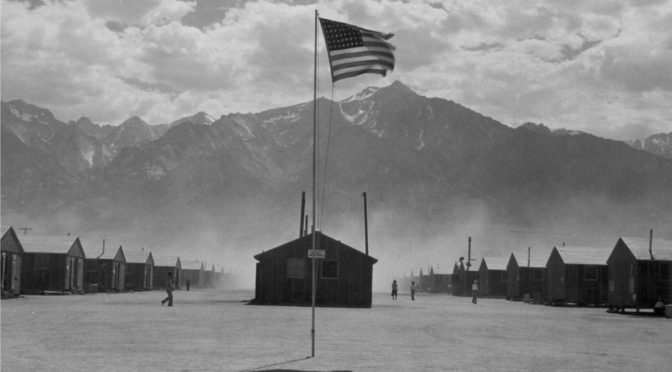Stephen Dycus reviews Professor Eric K. Yamamoto’s timely book In the Shadow of Korematsu: Democratic Liberties and National Security, published just weeks before the Supreme Court decided Trump v. Hawaii. Dycus draws out the book’s core themes, highlighting Yamamoto’s analysis of the Korematsu decision and its continued relevance in American jurisprudence. The review concludes with… Continue reading Requiem for Korematsu?
Tag: Civil Liberties
The Publication of National Security Information in the Digital Age
In one of her speeches on Internet freedom, Secretary of State Hillary Rodham Clinton said that “[t]he fact that WikiLeaks used the internet is not the reason we criticized its actions.” Although Clinton is correct that it is essential to separate the technology WikiLeaks uses from its actions, the digital age has raised new concerns about the unauthorized dissemination of sensitive national security information.
The Case of Colonel Abel
Early in the morning of June 21, 1957, almost exactly fifty-three years before the June 2010 arrests, Special Agents Edward Gamber and Paul Blasco of the FBI pushed their way into Room 839 at the Hotel Latham in Manhattan. The FBI agents sat a sleepy and half-naked Abel on his bed, identified themselves as charged with investigating matters of internal security, and questioned him for twenty minutes, insinuating knowledge of his espionage activities by addressing him as “Colonel.” The FBI agents told Abel that “if he did not ‘cooperate,’ he would be arrested before he left the room.” When Abel refused, the FBI signaled to agents of the Immigration and Naturalization Service (the INS, then under the authority of the Department of Justice), who were waiting outside. Under the close observation of the FBI agents, the INS agents arrested Abel, searched him and the contents of his room, and seized several items as evidence of Abel’s alienage.

